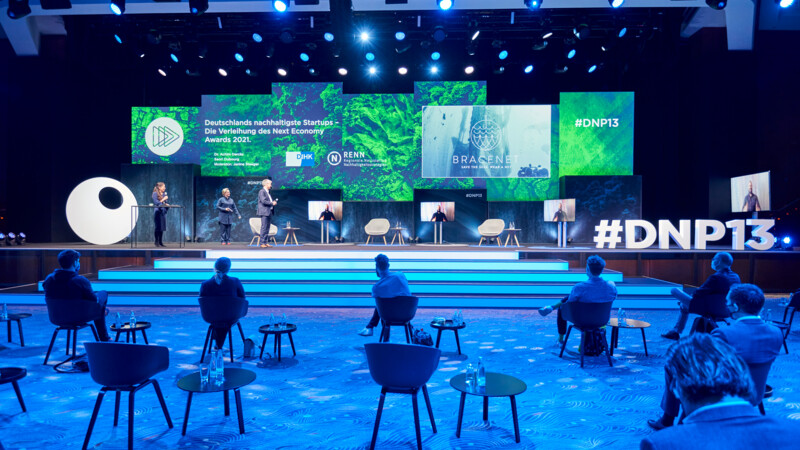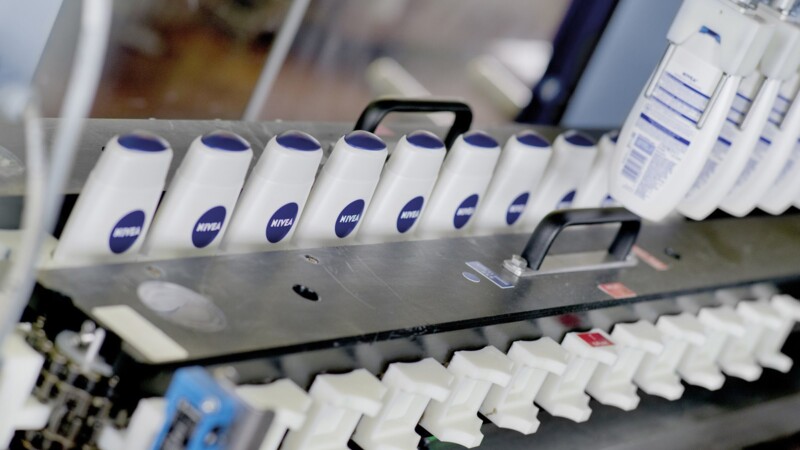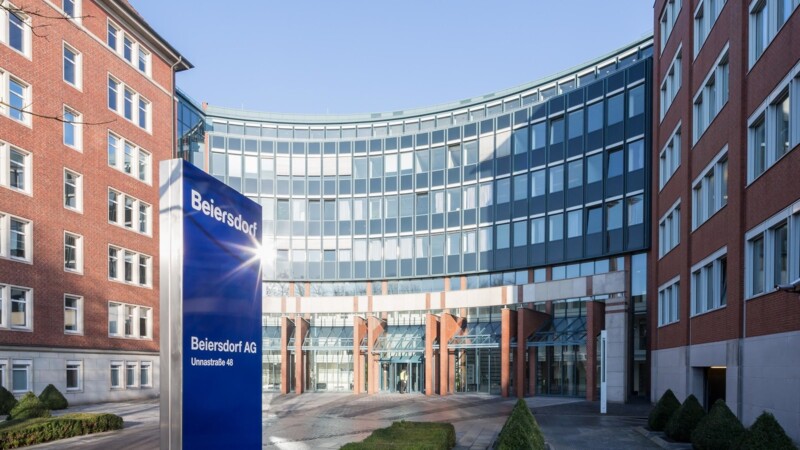"The outstanding feature of the technology is that no primary aluminum is used here at all, but rather sorted aluminum waste from beverage cans. We are thus using a raw material entirely in line with the circular economy," said Markus Tomasini, CTO of Nussbaum Matzingen AG. The reused aluminum requires up to 95 per cent less energy in the recycling process without any loss of quality. Plans are also being laid to procure all of the aluminum drink cans regionally to guarantee short material routes.
Beiersdorf, the Hamburg-based cosmetics manufacturer, plans to use packaging made from recycled aluminum in future, a press release said Thursday (May 27, 2021). Beiersdorf is collaborating with the Swiss packaging company, Nussbaum, to launch the first aerosol cans e.g., spray deodorants, made from the sustainable material in late 2021. The companies have spent one year developing the production from old drink cans, Beiersdorf said.
Aerosol cans from old drink cans
Beiersdorf aims to achieve own climate targets
"We are initiating a cross-industry rethink through our pioneering co-operation with Nussbaum along the supply chain and reducing our carbon footprint by up to 90 per cent in terms of aerosol cans," said Norbert Menzel, Principal for Packaging Technology at Beiersdorf. Apart from producing aerosol cans, Beiersdorf will gradually make its product range more sustainable and use recycled aluminum in packaging. The goal is a 30 per cent reduction in emissions along the value chain by 2025 over 2018, Menzel added. "Our approach covers the entire value chain including suppliers, partners and logistics," said Jean-François Pascal, Beiersdorf Vice President of Corporate Sustainability. Last December, Beiersdorf began collaborating with the Sabic chemical company to develop plant-based cosmetics packaging.
tn/sb/pb
Sources and further information
More
Similar articles

More green roofs and walls in Hamburg via DESY pilot project


